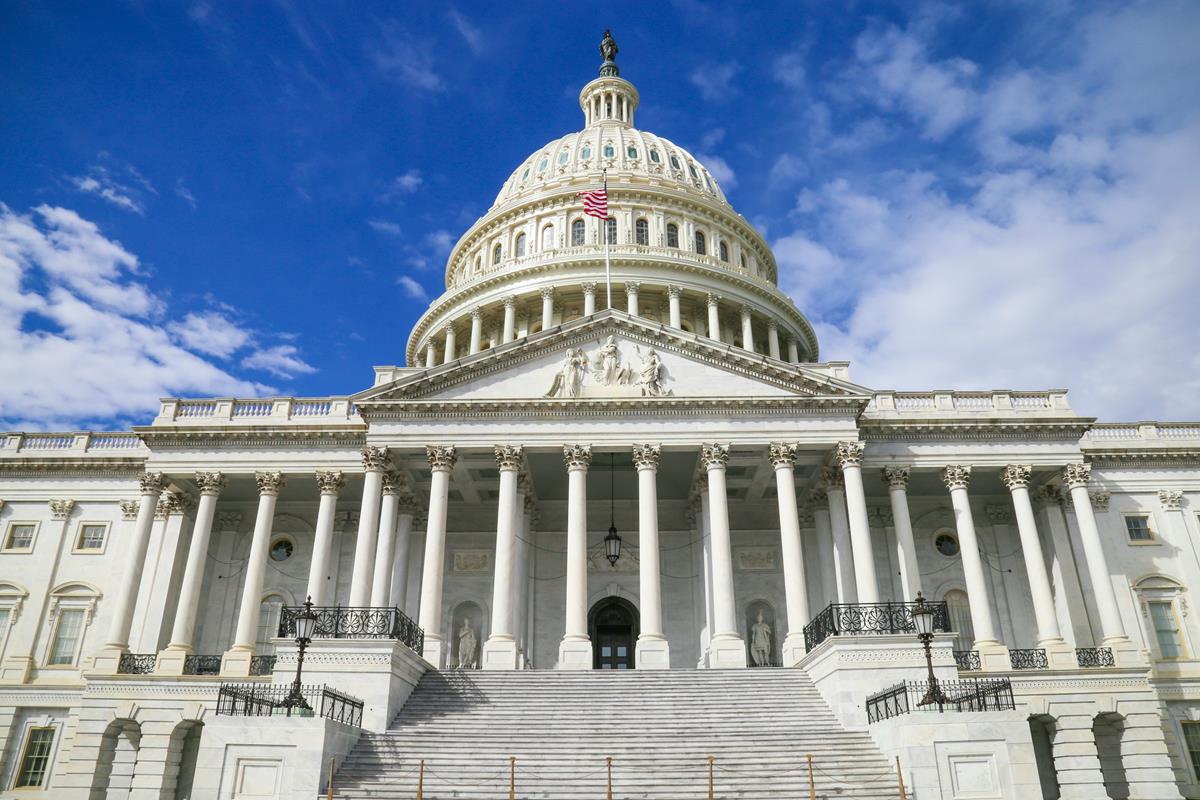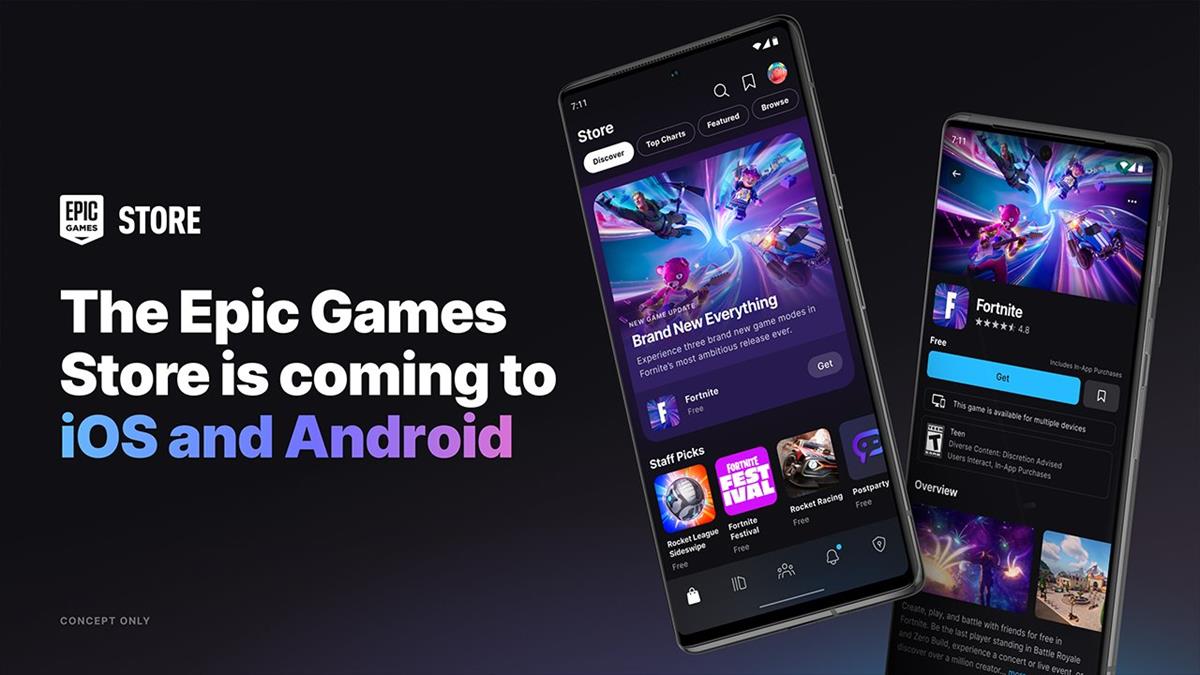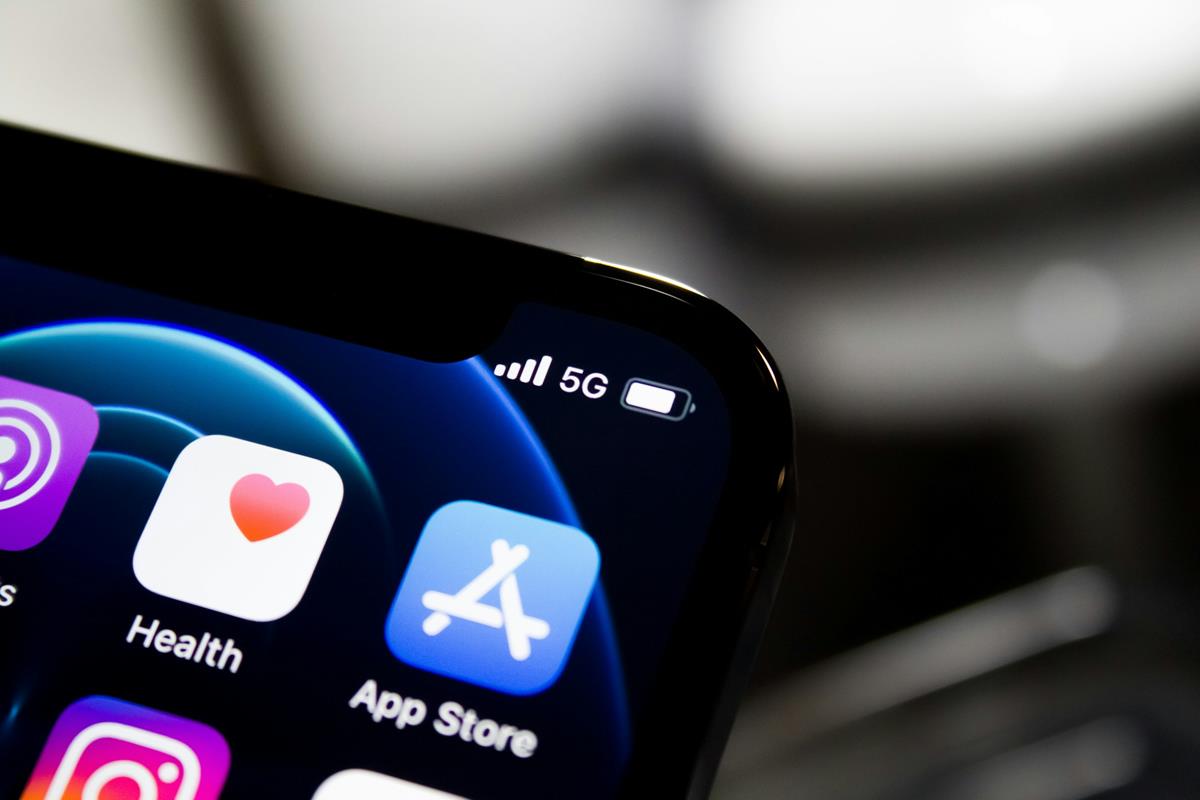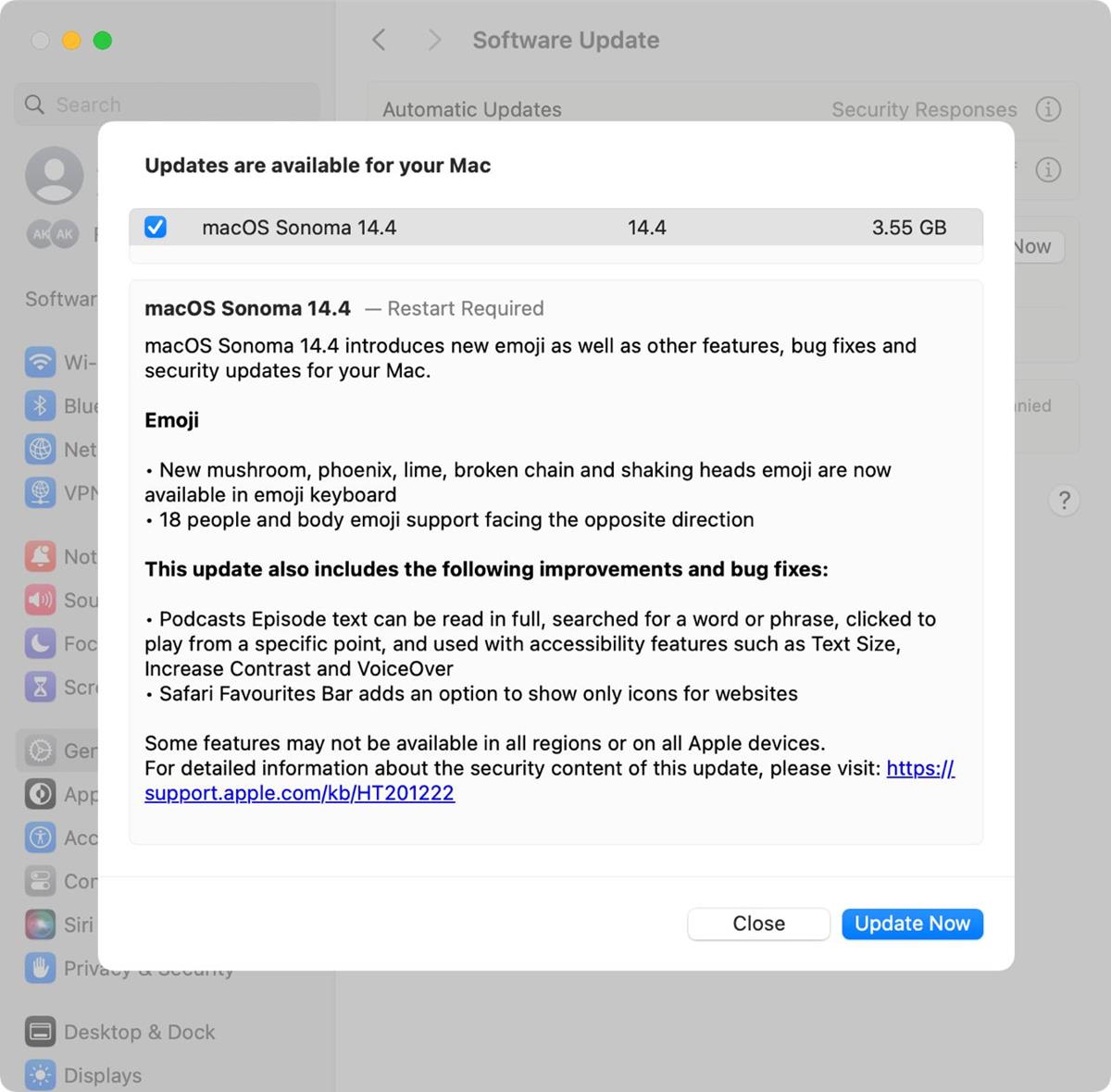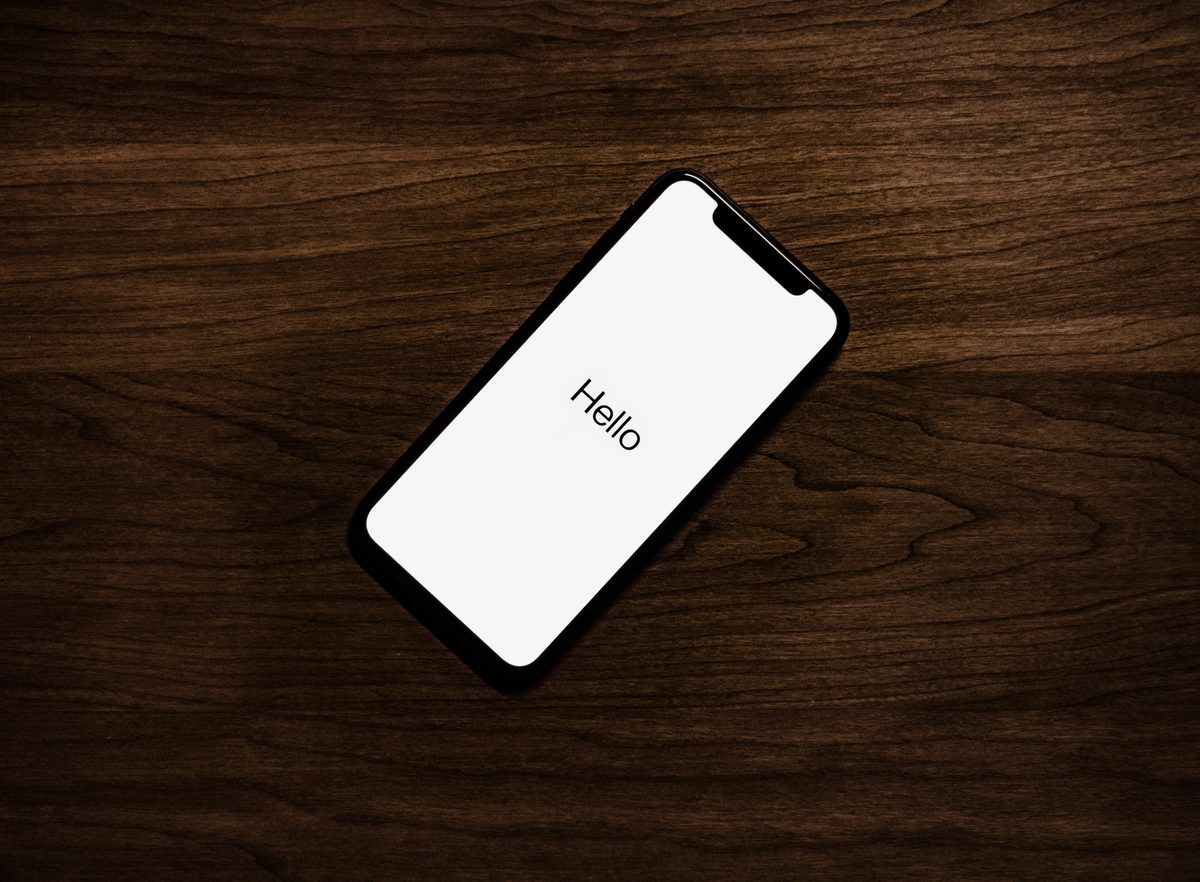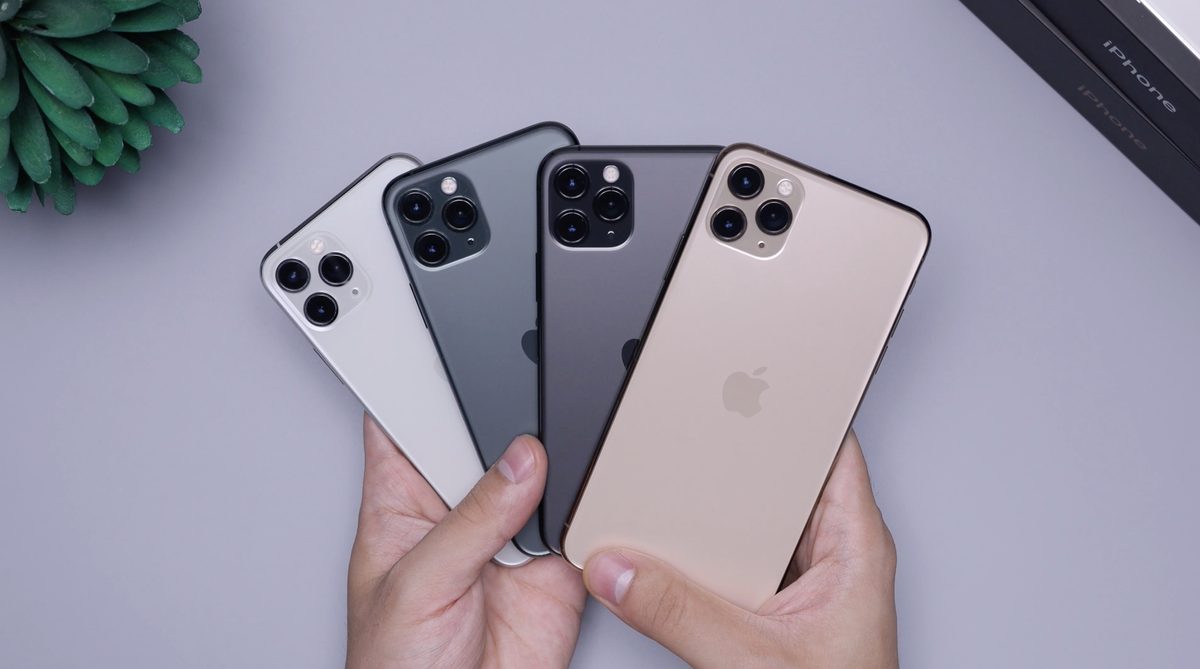EU is asking users whether Microsoft's Bing and Apple's iMessage should comply with DMA
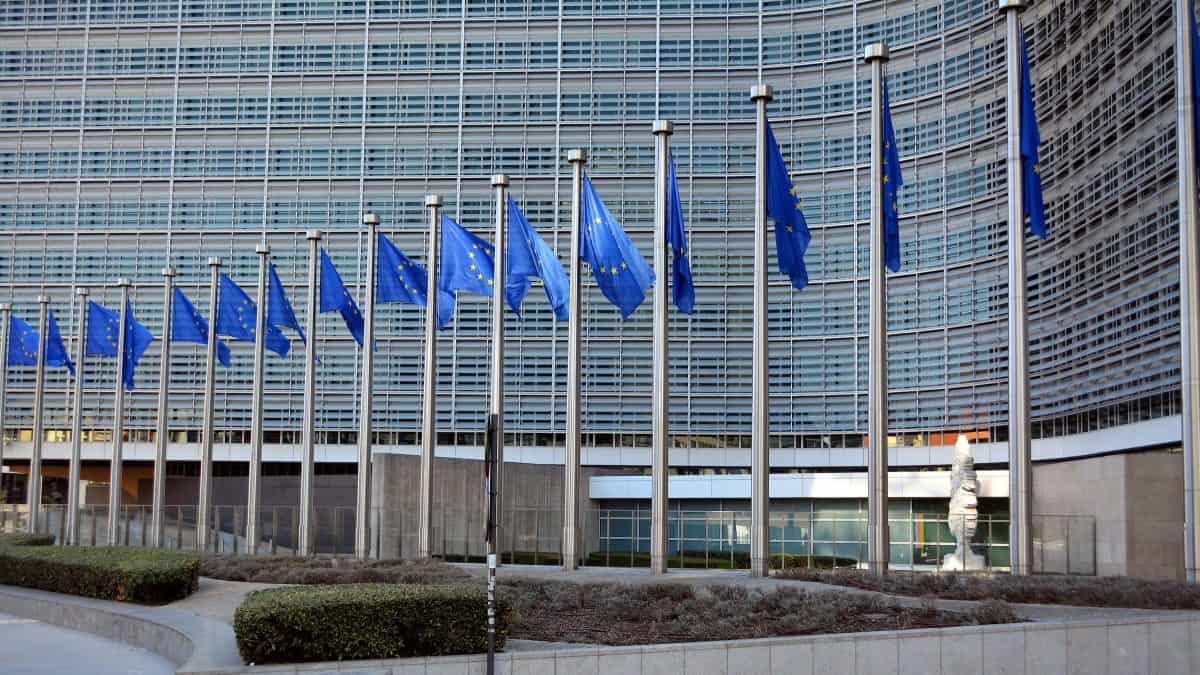
Last month, the European Union announced a list of services that will be regulated by the Digital Markets Act. And now, antitrust regulators at the EU are asking users if Microsoft's Bing and Apple's iMessage should adhere with the new rules for gatekeepers.
Microsoft had told the EU that Bing did not qualify as a gatekeeper, as it has a measly 3% market share compared to Google. Apple had also appealed to the EU that its iMessage service was not used widely enough in European markets, where WhatsApp, Facebook Messenger are more popular than SMS-based texting apps, unlike in the U.S.
While Microsoft Windows and Apple's iOS were designated as gatekeepers by the European Union under their respective categories, neither Bing nor iMessage found themselves in the list. However, the services are not in the clear, as the EU wanted to review whether the services are popular enough to fall under the new law. The EU watchdog began investigating the situation in September, and it is expected to conclude its findings within 5 months.
EU is asking rivals and users if Bing and iMessage should be gatekeepers
Reuters reports that the EU has sent out questionnaires to users and rivals to understand whether Microsoft's Bing and Apple's iMessage should comply with DMA. The survey asks users to rate the importance of Microsoft's Bing, Microsoft Edge, Microsoft Advertising, and Apple's iMessage, to find out how they compete with other services. The EU officials are also probing to see if the services offer something that business users and companies find useful. The antitrust regulator is also seeking information about the number of users who use the services. The surveys are said to have a week's deadline to be returned with appropriate responses.
Apple's main problem with the DMA is that it is unwilling to become interoperable with rival services. It claims that doing so will reduce the security and privacy that its own messaging system offers its users. This is one of the reasons why the Cupertino company has avoided implementing Rich Communication Services (RCS) on iOS. In reality, Apple's current system of communicating with Android devices is a bit of a mess.
Google has been criticizing Apple for not adopting RCS. Last year, it launched a "Get the message" campaign to highlight the problems in iMessage. The Mountain View company published a video captioned Meet iPager - Help Apple Get The Message. Samsung also joined the party with its own video, "Green bubbles and blue bubbles want to be together. Help Apple", but this is a bit of a meme.
While the videos may be seen as satire, it is not a silly debate about green vs blue bubbles. Google made some good points about how iMessage to Android conversations can result in broken group chats, pixelated videos, and insecure texts. Texts that are sent from iMessage to Android devices are not encrypted, i.e. they use the insecure SMS protocol, and Apple really needs to do something about it. Maybe the EU can convince Apple to do the right thing, which is to adopt RCS. That will depend on the investigation's results of course.





